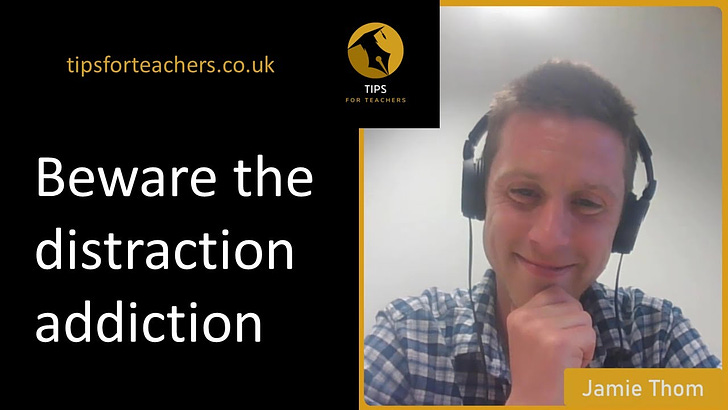#27 Things to say to high-achieving students if you are worried they want to move on
It can stop you worrying about needing to differentiate
Hello, and welcome to the Tips for Teachers newsletter. For over 400 ideas to try out the very next time you step into the classroom, check out my Tips for Teacher book.
💡 A quick tip to try in class this week 💡
In How I wish I taught maths (still available in all good and all evil bookstores), I wrote about how an obsession with differentiation was at the heart of many of my worst teaching practices for the first 12 years of my career - differentiated learning objectives, different coloured worksheets, etc. I don’t want to dive back down that rabbit hole here. Instead, I want to focus on the dangers of differentiating during the modelling phase of a lesson, and what we can do instead.
For years, I would go through fewer examples than I would like to because I wanted to allow my higher-achieving students to move on to independent practice. But of all the times to differentiate, the modelling phase is the worst. When we are introducing our students to a new idea, do we really have enough evidence to decide that one group of students gets it and so can crack on whilst we provide more examples for others? And do the students themselves really know how secure their understanding is after seeing one or two examples? I don’t think so. Differentiation can come later on in the learning episode when both we and the students have more evidence of how secure their knowledge is.
So, what do we say to the students who tell us - either with words, or via the pained look in their eyes - that this is easy and they are ready to move on? Well, I have found the following to be useful:
Overlearning is good! We want to practice this not until we get it right, but until we can’t get it wrong. So, let’s do another.
Enjoy the feeling of understanding something. There will be plenty of times when you struggle - after all, everyone struggles - and that might not feel so good. So embrace this feeling instead of wanting to race past it
Show me you really understand this. I can see that you can get the right answer, but in a moment I am going to need to know exactly how to get there, why we do this and not that, and I might just come to you to find out, so keep listening and thinking.
Can you help someone who doesn’t understand it yet? It is one thing being able to get a question correct, and it is even harder to understand how you got the answer. But do you know what the most challenging thing of all is?… It is to help someone else understand it. To be able to do that you might need to think of a couple of different ways to explain it, come up with your own examples, listen and diagnose their difficulties. So, think about how you might do that for this next example.
These suggestions might just keep your high-achieving students engaged enough to ensure their understanding is as secure as we need it to be.
What would you need to change to make this tip work for you?
When could you try it for the first time?
View all the Tips for Teachers shared so far
📺 A video to discuss with a colleague 📺
Teacher trainer and author, Jamie Thom, explains why we need to be aware of the distraction addiction!
If the video doesn't play when you click on it, click here
Subscribe to the Tips for Teachers YouTube channel so you never miss a tip
👂 A podcast episode to listen to on your way home 👂
Maths teacher, Craig Latimir, shares his five tips:
Explicitly teach the skills an expert in your domain uses
Leave a legacy
The principles of Cog Sci apply to humans (not just students)
Learning doesn’t start in Year 7
The secret to a happy life
Listen to the podcast here.
Search for Tips for Teachers on any podcast platform (Apple Podcasts, Spotify, etc) and subscribe so you never miss an episode.
😎 Final bits and bobs 😎
Do you know someone who would enjoy this newsletter? Forward it to them, or direct them to the sign-up page here where you can also read all previous editions.
You can also sign up for my weekly Eedi newsletter, where I share resources, research and ideas to improve teaching and learning.
Check out my Tips for Teachers book
Do you and your team want high-quality training or coaching, with ideas you can use in your very next lesson? If so, you can book some Tips for Teachers CPD
Check out the all-new Tips for Teachers online courses
If you value my work, please consider becoming a Patreon




Great stuff! I just shared w a teacher patient of mine.